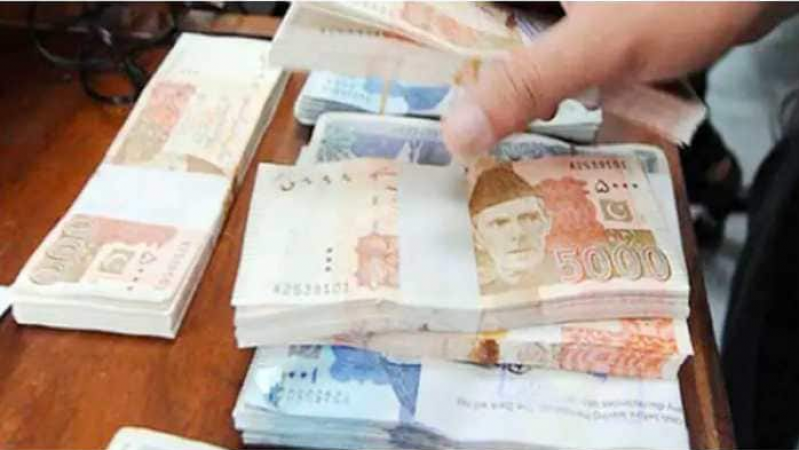
Islamabad: Shehbaz Sharif, the prime minister of Pakistan, said on Monday that he would ask for "immediate attention" from the international community as he prepared to travel to the US this week to attend the UN General Assembly. Islamabad has asked for billions in foreign aid to make up for flood-related economic losses.
On Monday, the interbank market saw Pakistan's national currency drop to a multi-decade low of 243 Pakistani rupees per US dollar before closing at just under 240 Pakistani rupees (PKR).
In July, nearly two weeks after the government agreed to a $1.1 billion deal under an Extended Financing Facility (EFF) with the International Monetary Fund, the Pakistani rupee last crossed the 240-mark against the US dollar (IMF).
According to media reports, the current situation represents the national currency's worst performance since 1975.
Ismail added that Qatar, the United Arab Emirates (UAE), and Saudi Arabia had each pledged $5 billion in investments for the current fiscal year, which will end in June 2023.
The finance minister exuded assurance that the current market would stabilise once the external payments began to arrive.
Due to Western sanctions against Russia, the Pakistani economy has been experiencing one of its worst downturns in recent memory, along with a global spike in fuel and food prices.
The economy of the nation has been battling declining foreign reserves and unprecedented inflation, which last month hit a record of 27.3 percent as a result of the government reducing fuel subsidies.
The government has issued a warning that the devastating floods have further flooded vast expanses of agricultural land, worsening the already severe food shortages.
Over three million people have been affected by the floods, which could cause $30 billion in economic harm to Pakistan, according to officials.
300 people will die in Nigeria's worst floods in years in 2022
Pakistani FM Confident of Avoiding Debt Default Despite Economic Pressure Caused by Floods
Another disaster looming over flood-ravaged Pakistan, 'death wave' may come